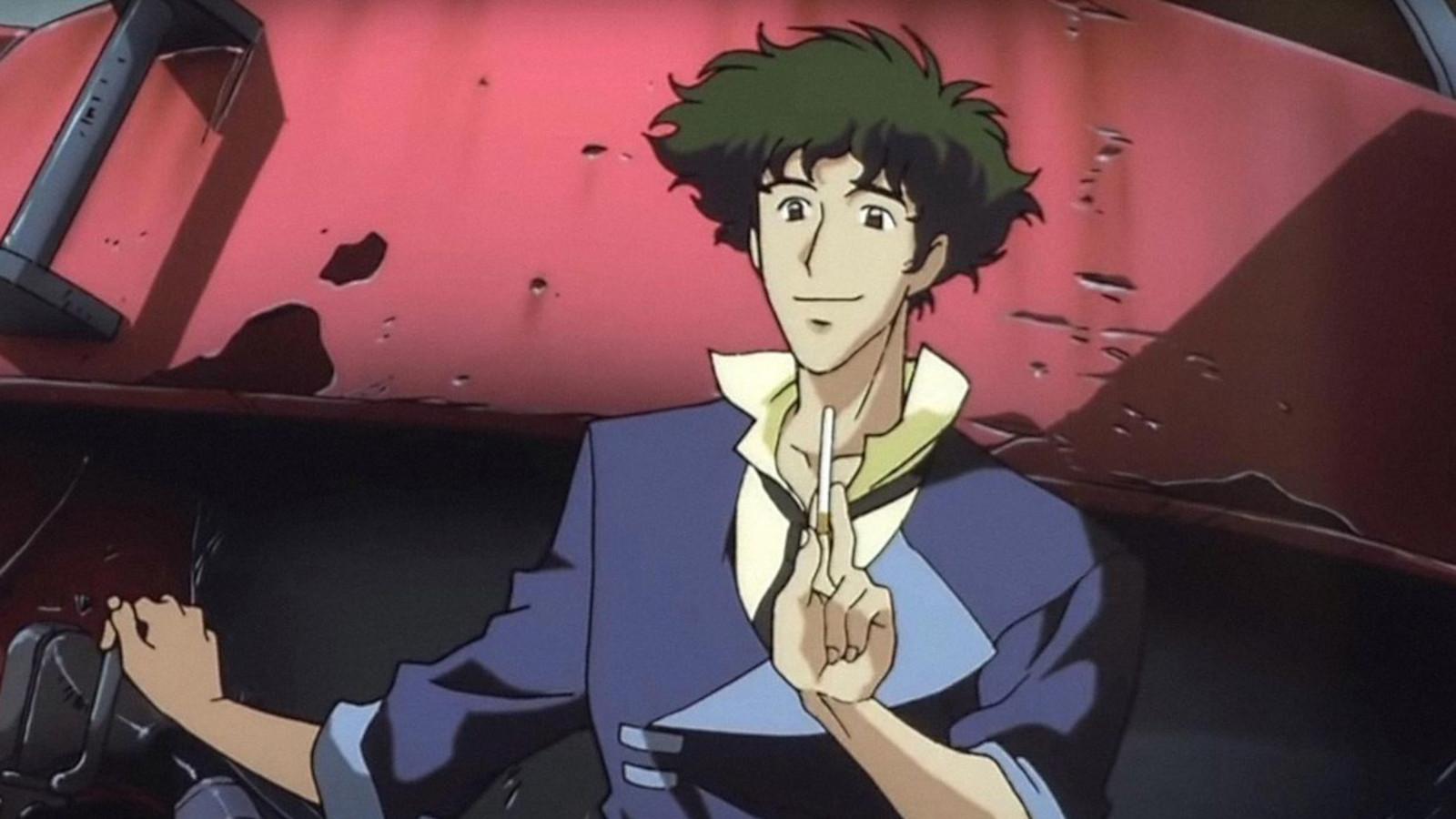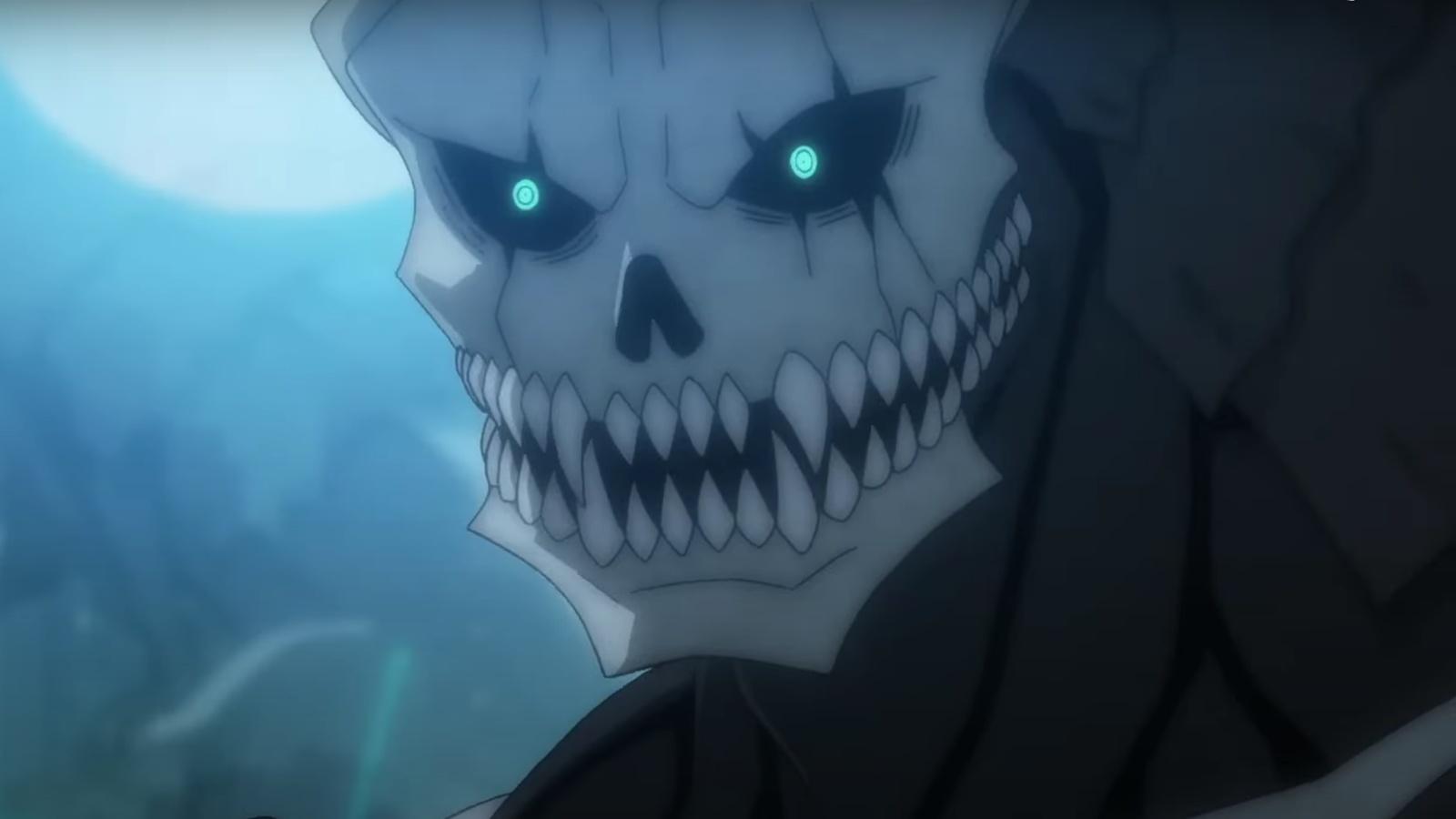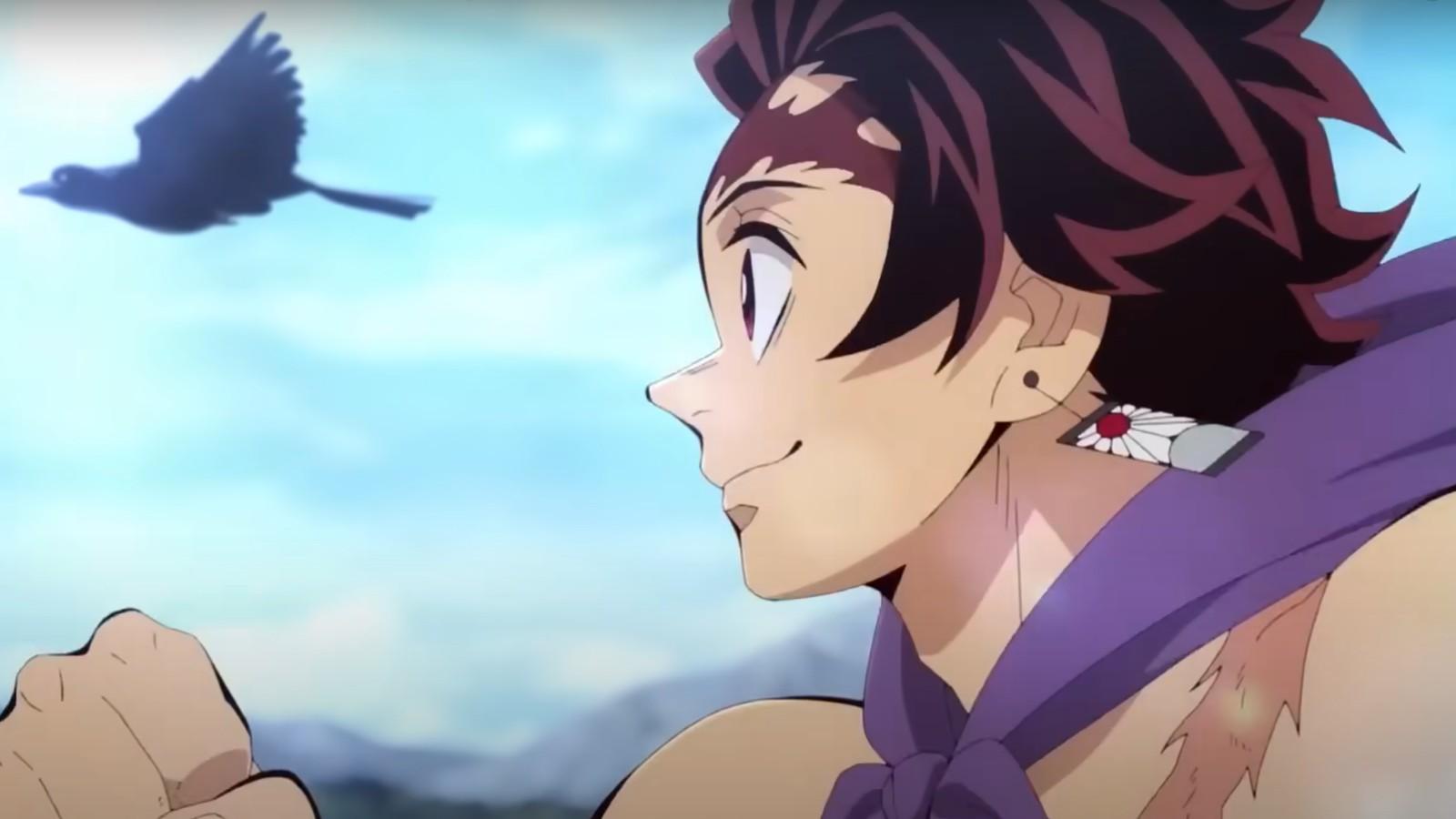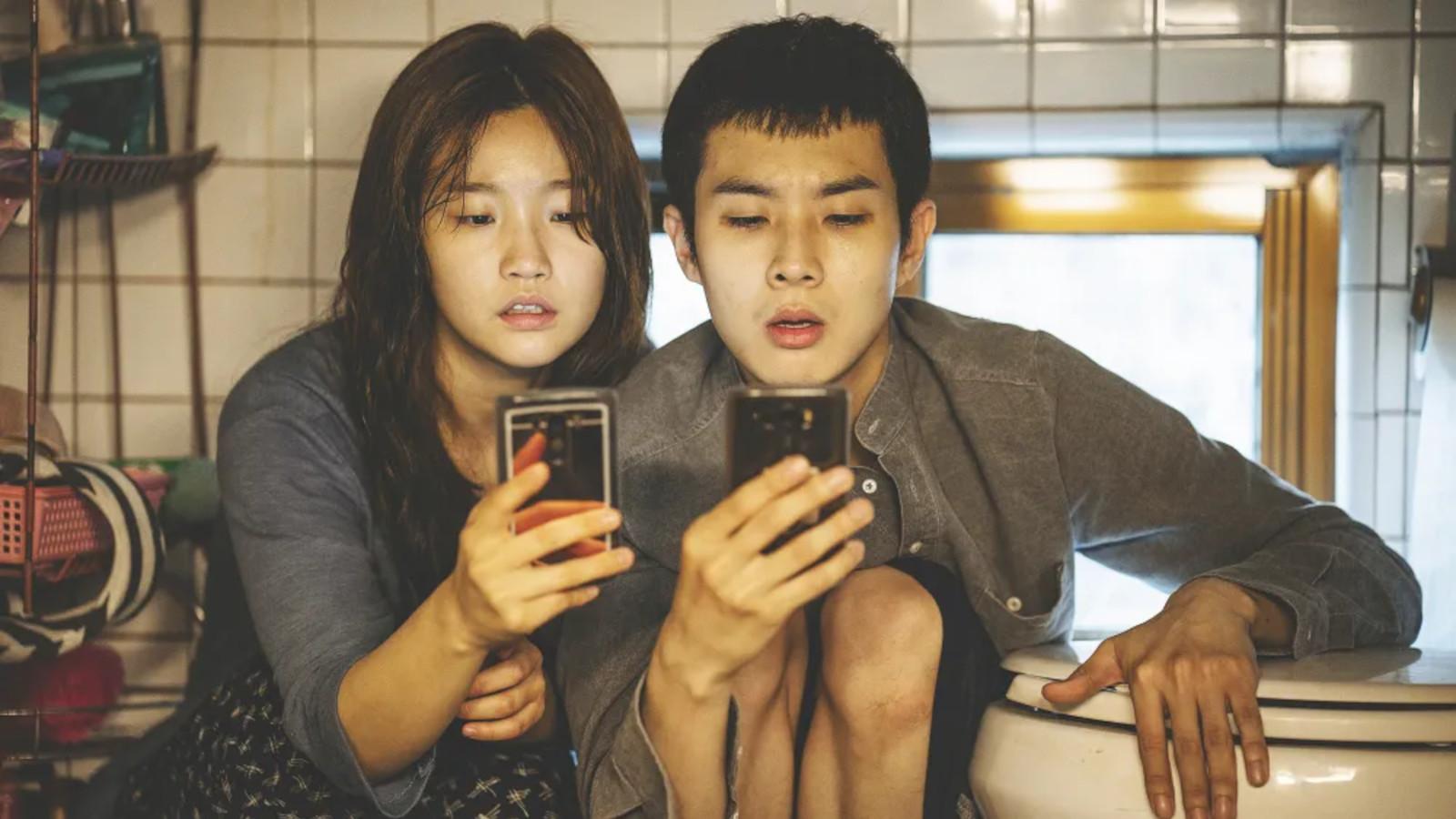Is Suzume based on a true story?
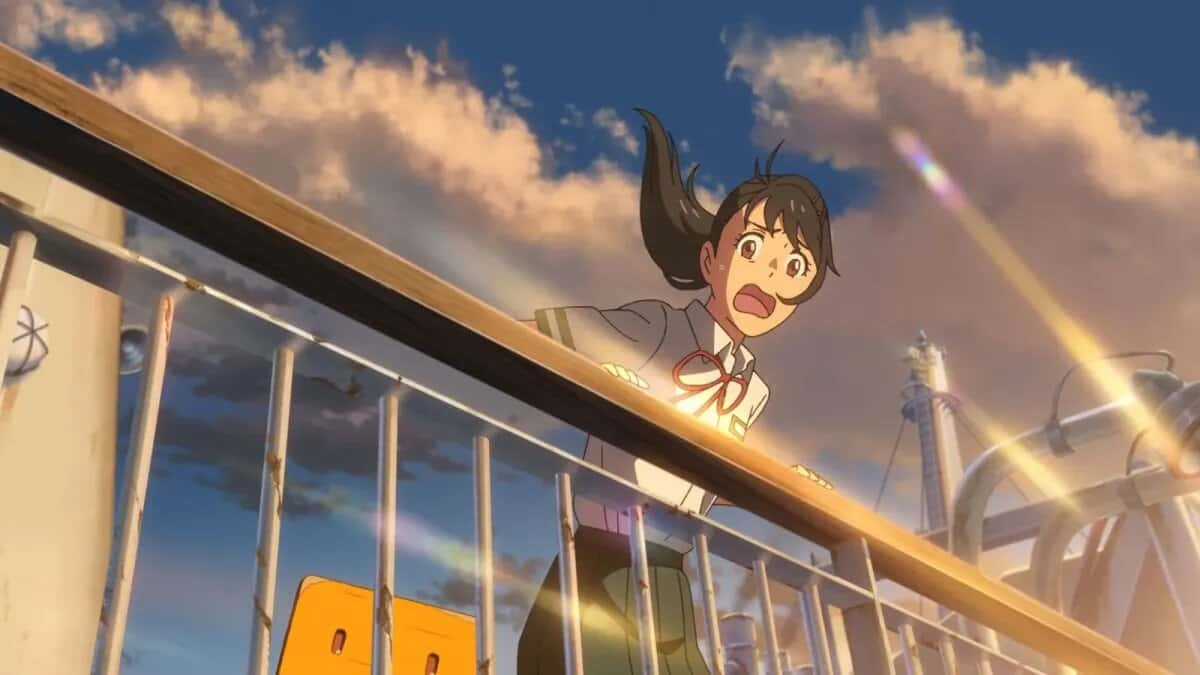 Crunchyroll
CrunchyrollSuzume is a new anime film that portrays an emotional story, but is the plot actually based on a real life true story?
By Crunchyroll and Your Name filmmaker Makoto Shinkai comes the newest anime movie to capture your hearts, Suzume no Tojimari. This has been one of the most anticipated animated films of the past few years, and we greatly enjoyed it. You can read our review of the movie here.
The official Crunchyroll plot reads: “Suzume no Tojimari is a coming-of-age story for the 17-year-old protagonist, Suzume, set in various disaster-stricken locations across Japan, where she must close the doors causing devastation.”
But according to a recent interview with the film’s creator, Suzume may actually be based on a true story. We’ll explain, but first, spoiler warning for Suzume!
Is Suzume no Tojimari based on a true story?
Yes, but not super accurately. While the magical journey that Suzume undertakes is fictional, her backstory, and the idea for the plot as a whole, came from a very real event.
In a recent Q&A at BFI Southbank, director Makoto Shinkai stated what inspired the movie, which was the 2011 earthquake that struck Japan.
On March 11, 2011, an six-minute 8.8 earthquake struck the coast of north-eastern Japan, which caused a tsunami with waves as high as 133ft, as well as the Fukushima Daiichi nuclear disaster. Overall, this event remains the most powerful earthquake ever recorded in Japan, and over 19,000 estimated people were killed.
In the film, earthquakes and subsequent tsunamis are a constant threat throughout the narrative, though these disasters are caused by supernatural entities rather than tectonic plates. The film even ends in the location where the earthquake hit the hardest: Tohoku. It’s also clear that Suzume lost her mother in a natural disaster at a very young age, which leaves her with trauma that she spends most of the movie attempting to overcome.
Shinkai speculated at the Q&A that the reason he chose the film’s characters was that he thought of those who would be made most vulnerable by an earthquake, such as a single mother and a young girl working at an inn.
When asked about how the reaction was to the film in Japan, the director stated, “Suzume was a nationwide release, so people around Japan had the opportunity to see it. I went around the country doing events when it launched, and Tohoku was the place I was most nervous about going to. I wondered whether I should actually go there, but I decided I should.
“Many people came, and the earthquake impacted most of those people in one way or another; some didn’t remember it, but they were directly or indirectly impacted. A lot of them call themselves victims of the earthquake.
“And what many of them said was “Thank you” – they thanked me for making this film. And they said there were things in [the film] that they’d needed to hear. I actually found that they were encouraging me, which was a lovely experience.
“But at the same time, I think some people didn’t come to those events, to the Q&As. I am sure there are people who didn’t want to see the film, hated the film, or didn’t know why I’d made the film. I saw on NHK, the state broadcaster, that they’d interviewed a man who’d lost his wife in the tsunami, and he was saying that he couldn’t believe that I would make a film like this.
“And so, I think there are people who are offended by the film. But at the same time, does that mean I shouldn’t have made it? I think it’s been twelve years now [since the disaster], and I think, while some people in Japan are starting to forget what happened, I think it’s right that someone should be dealing with these real-life events in the form of entertainment and sharing what happened.”
Suzume also draws on other real experiences
During the Q&A, Shinkai confessed that other moments in the film rang true to him, such as the Aunt’s interactions with Suzume, which reflect his feelings towards his young daughter: “There are lots of other feelings she has towards Suzume, and that kind of overlaps with the way I feel.”
The plot is also about running away and exploring Japan, which Shinkai often covers in his work: “I think it’s partly because of where I grew up. I grew up in Nagano, surrounded by high mountains that seemed like walls, like the big wall in Attack on Titan. I used to look out at those mountains through the classroom window and think, “There must be something more fun beyond; there must be a more exciting future on the other side of the mountains.
“That’s what I always used to imagine as a child, and when I left school, I went over the mountains and went to Tokyo… I’d always wanted to see what was beyond and get out of my hometown as quickly as possible, so maybe that’s reflected in my films.”
Suzume no Tojimari is currently playing in cinemas. Read our review of the movie here.
